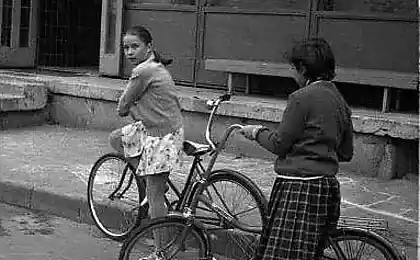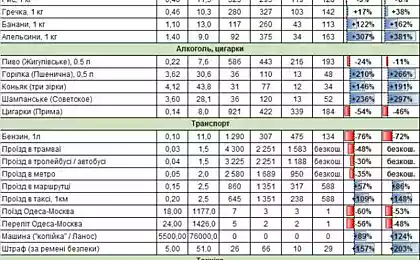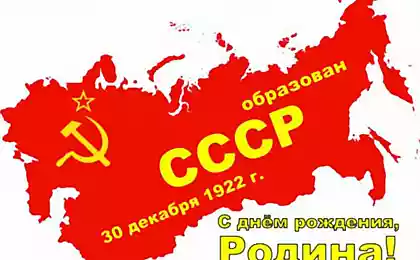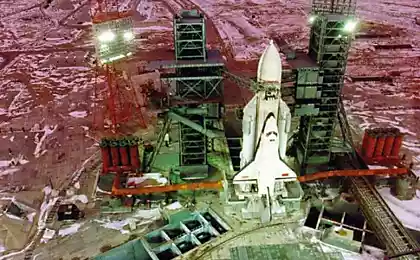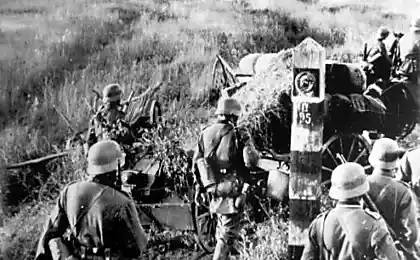193
Why Authoritative Newspapers Write That Soviet People Wasted Their Trust In U.S. Prosperity
It is no secret that the two "mastodons" of their time, USSR and America They didn't always live peacefully. There was a time when their relationship went to a very high point, but thank God, it’s over. Years passed and leaders changed.
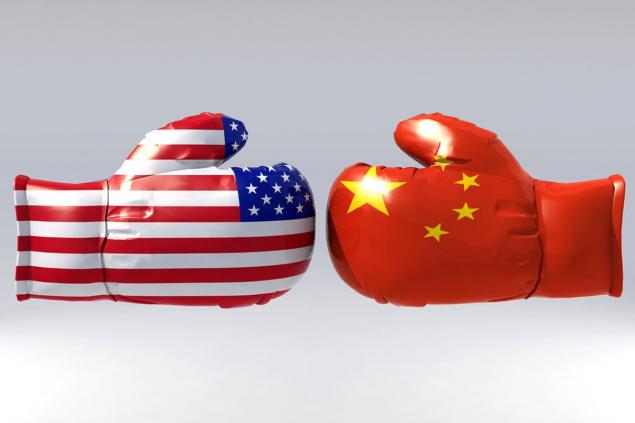
But today, "Site" Would you like to think about whether in the United States everything was as cloudless as it was presented to us then? Or did the American layman have problems that the Union did not even think about?
The most basic differences between the USA and the USSR were fundamentally different from each other. This is why the two powers competed with each other. socialist and capitalist The economy was like yin and yang, black and white, top and bottom. Capitalism is a class society, whereas under socialism, the classes die out.
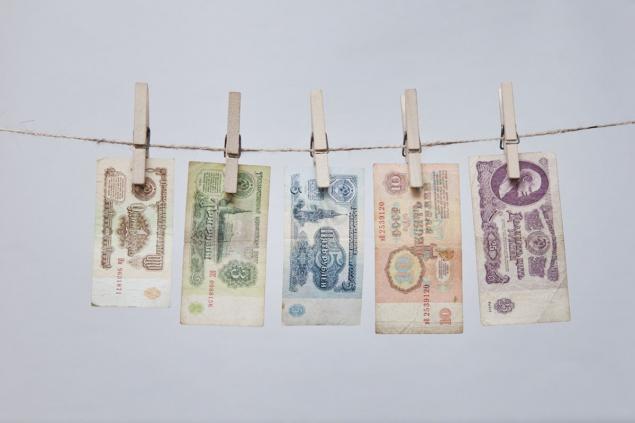
The production goals of both economies are also completely different. The United States, above all, had gain. The USSR. satisfaction. That is why the distribution system of the two countries differed.
Transportation Automotive industry The United States has always been at a high level. There is nothing strange about this, because the United States has been busy with it quite closely since the end of the XIX century. And in 1900, the American automotive industry was successful and became the largest in the world in terms of production.
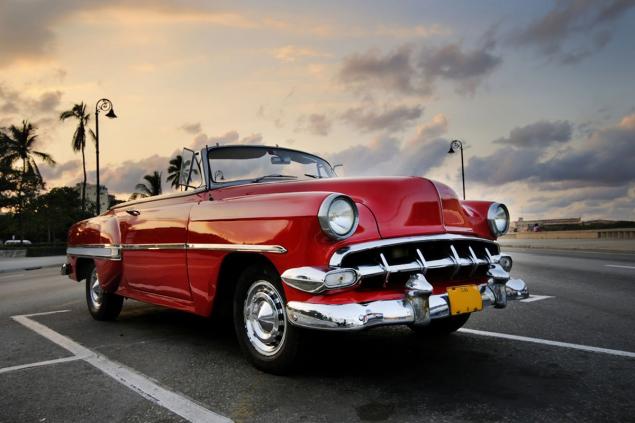
Mass motorization in the USSR began only in 1966-1970. In addition, no one would argue that the Soviet models of cars, like most of the stuffing, were “borrowed” from European and American brands. By the way, some models of the Soviet car industry were praised even in the West.
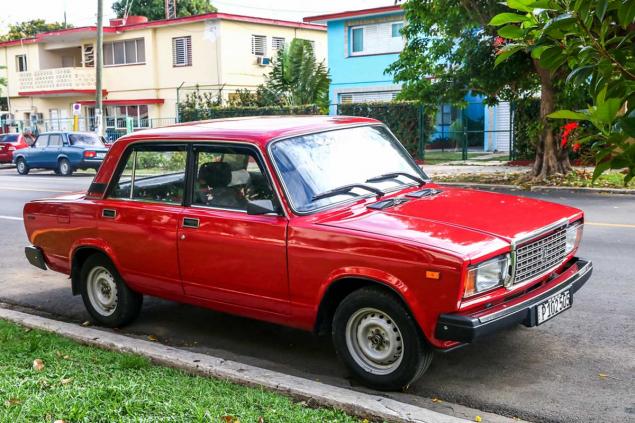
Now let's turn to the consumption of these two countries and the infrastructure. In the United States public transport It is not developed and is found only in large cities. Everyone drives cars, and this is an additional “stress” for the wallet: gasoline and repairs. In the USSR, the majority used public transport, which was enough. It saved time and money. As they say, everyone chooses what is closer to them.
Housing Private homes For America, the key to a quiet, family life, and in general, a dream. Of course, just to buy a house for the average American was not affordable, as now. Therefore, a mortgage was taken (by the way, very gentle) and paid for many years. For an American, this is always a common thing, because in addition to a mortgage, he pays health insurance and taxes every month.

Under socialism, housing must be social. Huge numbers. "Khrushchev"The people of the Union clearly point to this. Of course, there were other types of housing, but you can still see panel five- and nine-story buildings, dear reader. At that time, it was believed that this is a temporary measure and people will be relocated after 25 years, because this is the life of the first Khrushchevs.
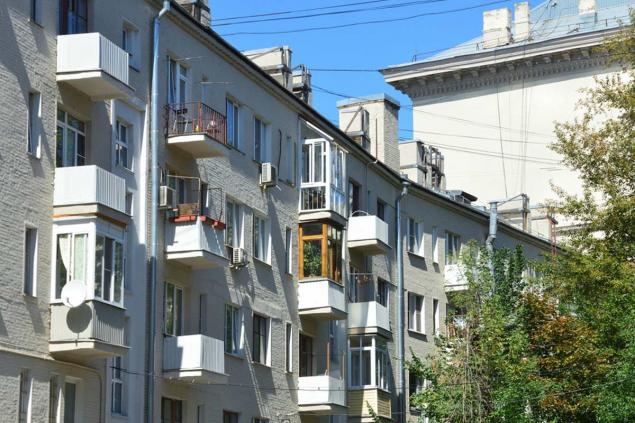
What has always surprised Americans is the availability of Soviet medicine. Considering that no one paid insurance in the USSR, it was doubly strange for a US resident. Especially when it comes to dentistry. Even modern states can’t include it in modern insurance, so dentists are expensive.
Because of the fast pace of life, and for other reasons, America, even then, does not want to waste time preparing homemade food. They used to go. semi-finished products, "fast food" local diners, canned food. This diet did not keep the results waiting long. Americans have become the fattest nation in the world. Hand-grown natural products cost good money, and not everyone could afford them.

In the Union with natural products, there were practically no problems. Summer and autumn pleased with generous harvests, carefully and lovingly collected for the whole country. For workers, the canteens offered a list of dishes that cost mere pennies. And people shared with each other recipes for preserving surplus foods: vegetables, fruits and berries. Compotes, canned cucumbers, tomatoes, peppers and so on.
The other side of the coin. commodity shortage. Despite the fact that the people had money, a large number of goods and services were not available to them. The reasons for this were very different. But what is particularly staggering is the existence of a chain of Birch stores in a thoroughly socialist country. It turned out that the military, diplomats, sailors and the highest government officials were “evener” than other workers. That's weird, of course.
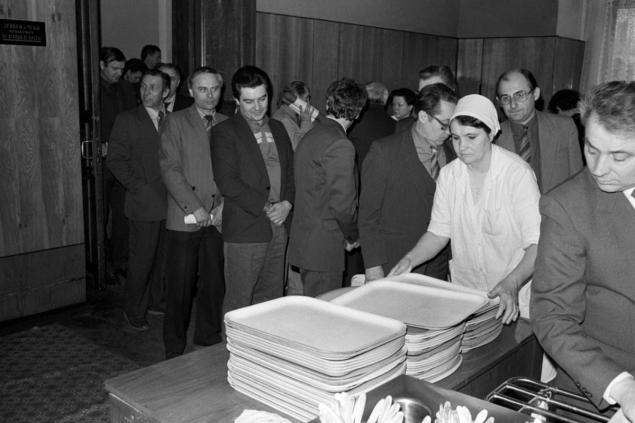
Now, of course, one can argue for a long time about certain moments in the life of two huge powers: each remembers everything in its own way. Some remember the past with nostalgia, while others shudder and try to forget this time like a terrible dream. The truth, as they say, is somewhere in the middle. And what do you think, dear reader, who was better off at that time: a Soviet man or an American?

But today, "Site" Would you like to think about whether in the United States everything was as cloudless as it was presented to us then? Or did the American layman have problems that the Union did not even think about?
The most basic differences between the USA and the USSR were fundamentally different from each other. This is why the two powers competed with each other. socialist and capitalist The economy was like yin and yang, black and white, top and bottom. Capitalism is a class society, whereas under socialism, the classes die out.

The production goals of both economies are also completely different. The United States, above all, had gain. The USSR. satisfaction. That is why the distribution system of the two countries differed.
Transportation Automotive industry The United States has always been at a high level. There is nothing strange about this, because the United States has been busy with it quite closely since the end of the XIX century. And in 1900, the American automotive industry was successful and became the largest in the world in terms of production.

Mass motorization in the USSR began only in 1966-1970. In addition, no one would argue that the Soviet models of cars, like most of the stuffing, were “borrowed” from European and American brands. By the way, some models of the Soviet car industry were praised even in the West.

Now let's turn to the consumption of these two countries and the infrastructure. In the United States public transport It is not developed and is found only in large cities. Everyone drives cars, and this is an additional “stress” for the wallet: gasoline and repairs. In the USSR, the majority used public transport, which was enough. It saved time and money. As they say, everyone chooses what is closer to them.
Housing Private homes For America, the key to a quiet, family life, and in general, a dream. Of course, just to buy a house for the average American was not affordable, as now. Therefore, a mortgage was taken (by the way, very gentle) and paid for many years. For an American, this is always a common thing, because in addition to a mortgage, he pays health insurance and taxes every month.

Under socialism, housing must be social. Huge numbers. "Khrushchev"The people of the Union clearly point to this. Of course, there were other types of housing, but you can still see panel five- and nine-story buildings, dear reader. At that time, it was believed that this is a temporary measure and people will be relocated after 25 years, because this is the life of the first Khrushchevs.

What has always surprised Americans is the availability of Soviet medicine. Considering that no one paid insurance in the USSR, it was doubly strange for a US resident. Especially when it comes to dentistry. Even modern states can’t include it in modern insurance, so dentists are expensive.
Because of the fast pace of life, and for other reasons, America, even then, does not want to waste time preparing homemade food. They used to go. semi-finished products, "fast food" local diners, canned food. This diet did not keep the results waiting long. Americans have become the fattest nation in the world. Hand-grown natural products cost good money, and not everyone could afford them.

In the Union with natural products, there were practically no problems. Summer and autumn pleased with generous harvests, carefully and lovingly collected for the whole country. For workers, the canteens offered a list of dishes that cost mere pennies. And people shared with each other recipes for preserving surplus foods: vegetables, fruits and berries. Compotes, canned cucumbers, tomatoes, peppers and so on.
The other side of the coin. commodity shortage. Despite the fact that the people had money, a large number of goods and services were not available to them. The reasons for this were very different. But what is particularly staggering is the existence of a chain of Birch stores in a thoroughly socialist country. It turned out that the military, diplomats, sailors and the highest government officials were “evener” than other workers. That's weird, of course.

Now, of course, one can argue for a long time about certain moments in the life of two huge powers: each remembers everything in its own way. Some remember the past with nostalgia, while others shudder and try to forget this time like a terrible dream. The truth, as they say, is somewhere in the middle. And what do you think, dear reader, who was better off at that time: a Soviet man or an American?
Why does Yulia Vysotskaya admit that she knows nothing about female happiness?
After what recipe families massively stop frying the liver, but often cooked in a bank




